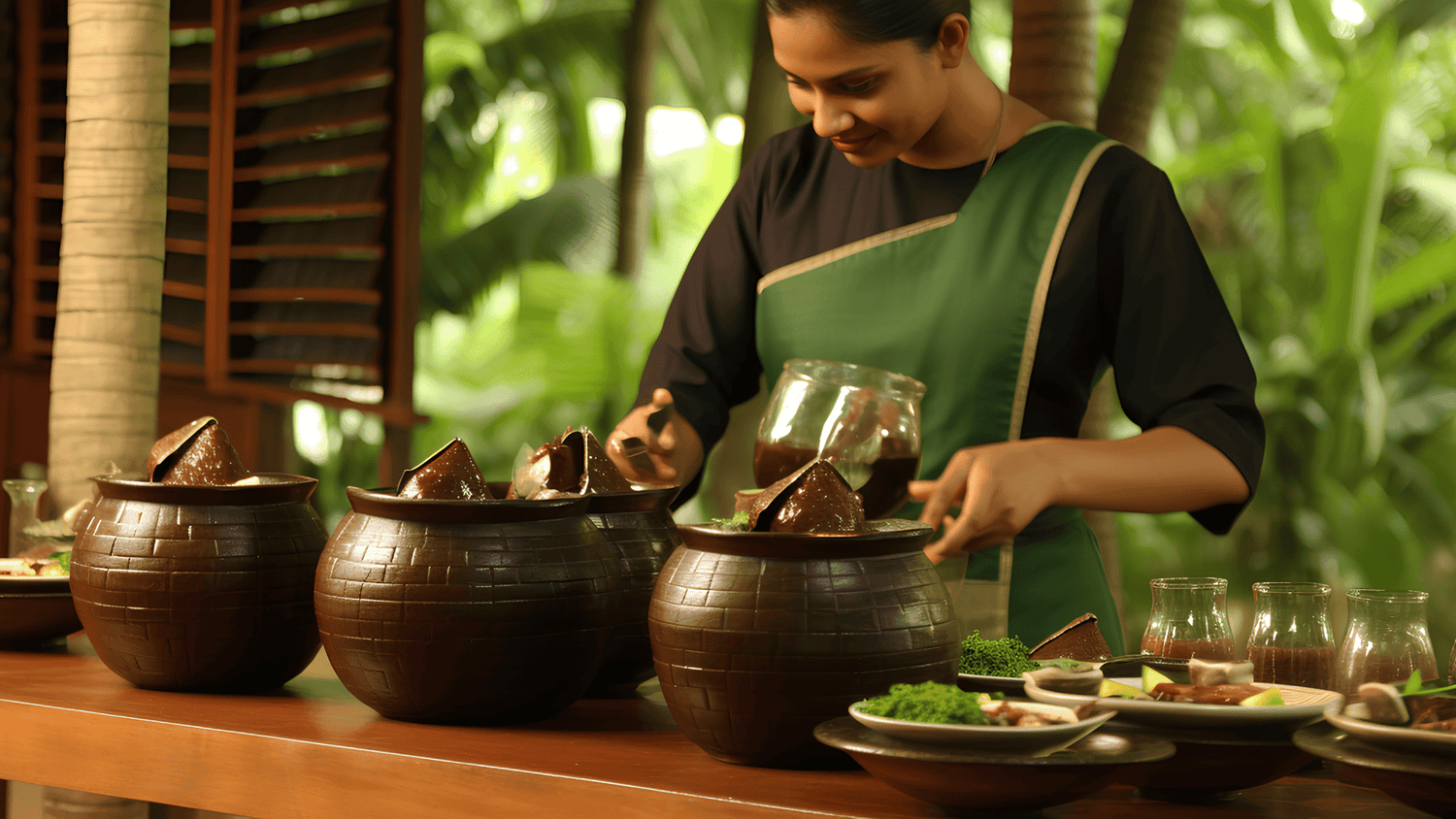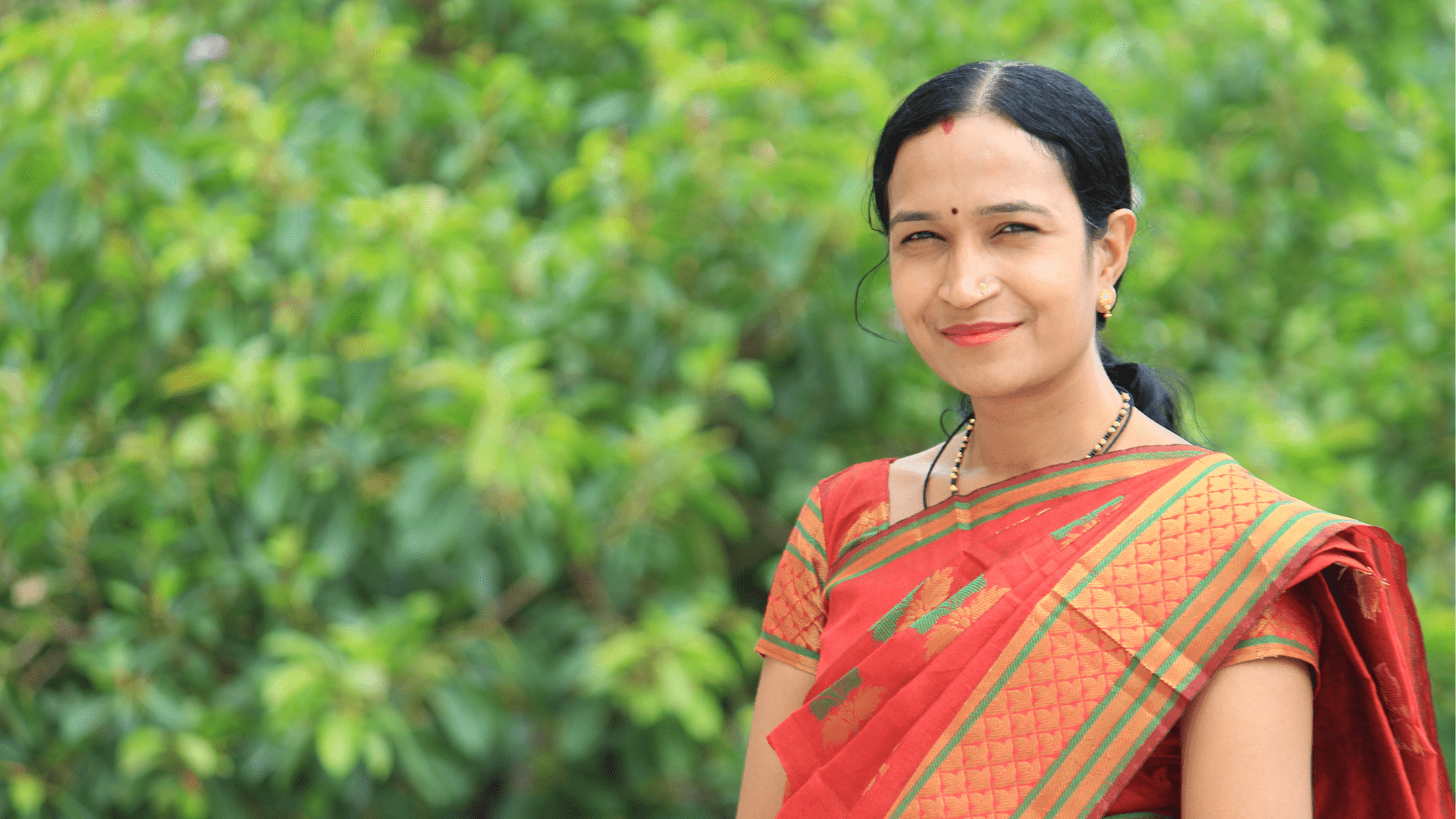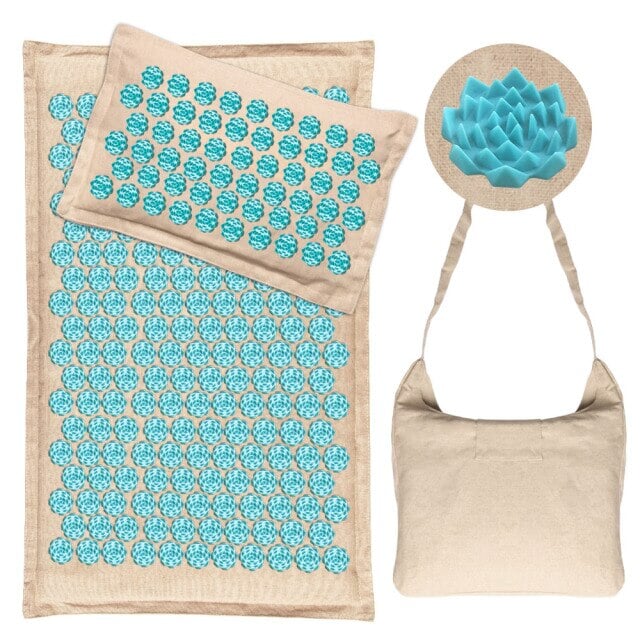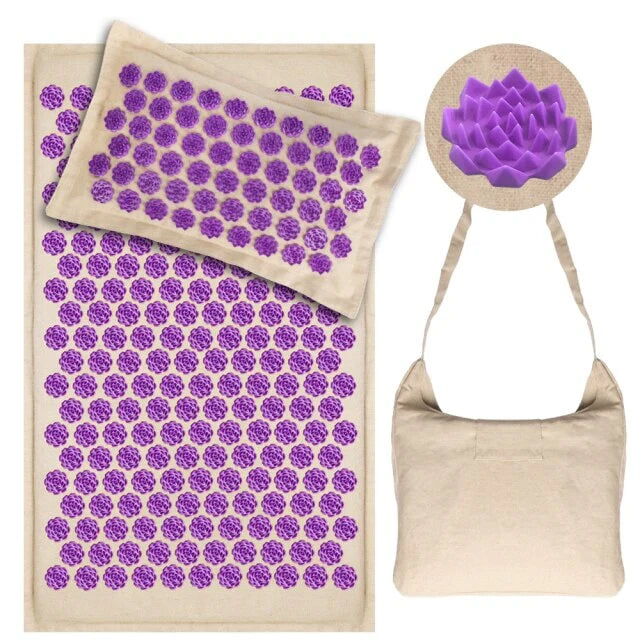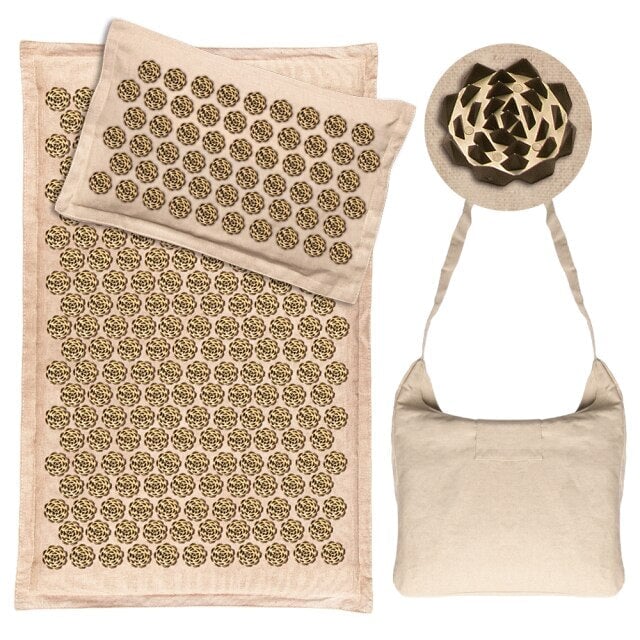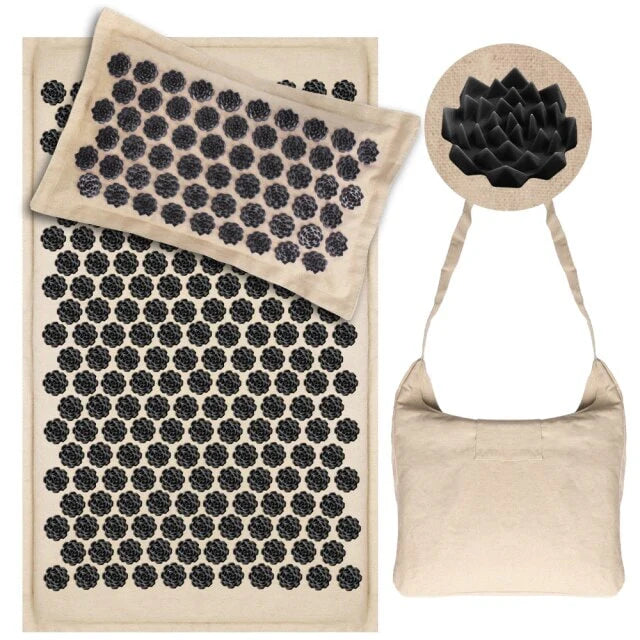Ayurveda is an ancient Indian medicine. For thousands of years, ayurveda has been used to maintain well-being and promote natural fitness. Ayurveda recognizes that each of us has a basic constitution that influences our personality, physical appearance, strengths and weaknesses.
In ayurveda, there are three doshas: Vata, Pitta and Kapha. Vata is the dosha associated with the element Air, which is also associated with creative people.
What is the Vata dosha in Ayurveda?
The Vata dosha corresponds to the elements Air and Ether in Indian medicine. These elements are linked to the concepts of breathing, movement and lightness. The Vata dosha is said to be associated with the characteristics of lightness, mobility, coldness and dryness.
The Vata dosha can benefit from an external supply of heat and moisture to maintain its balance. Elements likely to unbalance the Vata dosha are irregularity, late bedtimes, a cold climate or excessive stress.
How do I know if I'm Vata in Ayurveda?
Today, there are many online tests to determine your Ayurvedic doha. Based on these tests, it's possible to determine whether we're closer to the Vata, Pitta or Kapha dosha.
These tests are generally well designed and give us a good idea of our Ayurvedic constitution, but they are no substitute for a consultation with an Ayurvedic practitioner. Indeed, only the experience of a person trained in this traditional medicine can accurately determine a person's dosha.
If you're wondering whether your dosha is Vata, it's advisable to contact a practitioner of Indian medicine for an assessment. Following this, a personalized protocol can be put in place to maintain your balance and fitness through Ayurvedic techniques such as the use of herbs or dietary adjustment.
What is a Vata person in Ayurveda?
In Indian medicine, a Vata person is generally known for his or her creative personality. Vata people tend to have their heads in the stars, and can even seem a little "in the moon"!
In fact, we often find Vata individuals in artistic professions, where there's plenty of room for creativity and imagination.
Physically, the Vata individual in Ayurveda is generally rather lanky, with angular shapes, particularly in the face. Vata people's metabolism tends to be fast and efficient. The Vata person may, however, have sunken features and appear tired, with dark circles under the eyes and a dull complexion.
How does Ayurveda balance Vata?
In Ayurveda, well-being is all about balance! To maintain a healthy balance, each dosha can benefit from the implementation of certain lifestyle habits. By modifying your lifestyle according to your dosha, you can easily regain your shape and tone!
Diet for Vata
As Vata people are dominated by the air element, we recommend including hearty, rather hot dishes in their dietary routine. We can therefore opt for dishes in sauce, hearty soups or whole grain products, for example.
Certain foods generally known to be essential to a healthy diet are not recommended for the Vata person, such as raw vegetables like lettuce, tomatoes or cucumbers, which are recognized as being too cold for Vata.
Ayurveda also recommends reduced consumption of cow's milk products for Vata people, who may have difficulty digesting them. They are advised to switch to sheep's or goat's milk products, which are better suited to their constitution.
According to Indian medicine, naturally warm foods such as spices are recommended to balance Vata in Ayurveda. These include curry, cumin, turmeric, chilli and coriander. These spices can be added to dishes, sauces and herbal teas to reinforce Vata's inner warmth.
Ayurvedic recipes for Vata
Ayurveda has a vast pharmacopoeia of beneficial plants adapted to each dosha. According to Indian medicine, certain plants are particularly recommended for anchoring the Vata individual.
These include ashwagandha (Withania somnifera, Physalis somnifera), oats (Avena sativa) and holy basil (Ocimum tenuiflorum, Ocimum sanctum). These plants can be taken as a course of treatment in capsule or herbal tea form.
Vata can also be accompanied by Asparagus racemosus (Asparagus racemosus), which balances the Vata and Pitta doshas.
To effectively rebalance Vata, we recommend the use of herbal teas and infusions, which can kill two birds with one stone by warming the body while providing the benefits of Ayurvedic pharmacopoeia. In Ayurveda, there are many interesting plants for balancing Vata.
1. Ashwagandha
Ashwagandha (Withania somnifera, Physalis somnifera) helps maintain optimal resistance, feelings of energy and vitality, and physical and mental well-being. It is also useful for improving the body's resistance to stress. It helps to recover from stressful events and maintain emotional stability.
2. Oats
Oats (Avena sativa) are a simple plant with a wealth of benefits! It's often used to help you get a better night's sleep, or to maintain healthy skin from the inside out.
Oats also have a beneficial influence on digestion and support the body's detoxification processes. For the Vata person, oats can be consumed to feel more energetic!
3. Holy basil
Holy basil (Ocimum tenuiflorum, Ocimum sanctum) is an essential in traditional Indian medicine. It promotes heart function and helps maintain the resistance of the body's natural defenses. But that's not all! Holy basil also has significant antioxidant properties.
4. Roman chamomile
Roman chamomile (Chamaemelum nobile) is used to aid digestion. It contributes to Vata's digestive comfort and helps maintain well-being, particularly during the cold autumn and winter months.
5. Lime blossom
The Vata individual may have difficulty falling asleep and going to bed early. Yet sleep routines and quality sleep are essential for balance! Linden (Tilia vulgaris) promotes a good, healthy night's rest.
6. Vervain
Vata people can sometimes find themselves unbalanced when the seasons change, particularly when the temperature drops. Vervain (Verbena officinalis) is recommended for the body's physiological resistance to severe environmental conditions.
7. Lemon balm
Lemon balm (Melissa officinalis) can be of interest to the Vata individual. The latter tend to be prone to stress and anxiety. Taking lemon balm promotes optimal relaxation and helps to promote mental and physical well-being. It also helps reduce irritability.
8. Ginger
Vata's best friend for maintaining balance is ginger! In fact, ginger (Zingiber officinale) supports the body's defenses and maintains optimal respiratory immunity. It has a warming, energetic effect on the Vata organism. Ginger is often used in Indian medicine to rebalance excess "cold" energy.
Ayurvedic recipe for Vata balancing infusion
To balance Vata energy, we can opt for specific herbs recommended in Indian medicine to prepare a warming drink to preserve the balance of this dosha, here's a small example.
Ingredients
- 500 ml water
- 4 Roman chamomile flowers
- 4 lime blossoms
- 1 teaspoon freshly grated ginger
- 1/2 teaspoon cinnamon
- 1 teaspoon honey
Procedure
Place cold water in a saucepan and bring to the boil. Reduce heat and simmer for 5 minutes. Add the grated ginger and boil for a further 5 minutes.
Finally, turn off the heat before adding the chamomile and lime blossoms. Leave to infuse for 10 minutes before adding the cinnamon and honey.
Massages for Vata
Vata can benefit greatly from the practice of massage, ideal for anchoring. Self-massage is particularly recommended for Vata. It can be practiced every day to warm muscles and maintain well-being. Self-massage is an important part of a healthy lifestyle in Indian culture!
Vata benefits particularly from massage in winter, when its temperament is weakened. Massage is an effective way to warm the body, especially if you choose to use an oil recommended for its warming qualities. Sesame, argan or castor oil are highly recommended for Vata massage.
Before being applied to the skin for massage, the oil can be gently warmed in a bowl. Vata people with a tendency to dry skin will benefit greatly from the daily application of oil. The massage can be followed by a warm bath, allowing the oil to penetrate the tissues effectively.
The sleep following this treatment is more restorative, allowing Vata to wake up feeling refreshed.
The daily routine of a Vata in Ayurveda
The individual benefits greatly from a fairly strict routine! Yet regularity is not always their strong suit. Vata people are advised to establish regular meal and sleep schedules to maintain their balance.
Great thinkers and creative, Vata individuals are capable of spending hours creating or inventing while forgetting to eat or sleep!
An early bedtime is also highly recommended for Vata and is part of a healthy lifestyle. If possible, sleep should be long and restful, away from screens and light. Indian medicine recommends that Vata people take a quiet time in the evening to help them fall asleep.
Whether during the day or in the evening, the Vata individual does not tolerate sensory stimulants well. Too frequent exposure to screens, crowds and noise is not for them. On the contrary, Vata people enjoy moments spent in quiet solitude.
Vata people therefore need to keep their daily routine as regular as possible, to keep them in optimum shape.
Physical activities for Vata profiles in Ayurveda
A healthy lifestyle must take into account the time spent moving the body, by adopting a physical activity suited to its dosha. Vata individuals benefit from calm, soothing sports activities.
For the Vata individual, it's advisable to favor gentle, slow movements within a calm, meditative physical activity. Yoga, stretching, pilates and swimming are all recommended.
For yoga practitioners, sitting or lying positions are the most recommended for Vata. Indian medicine strongly recommends that Vata individuals engage in physical activity to warm up their bodies, but this should be gentle and appropriate.
If you think you have a Vata dosha and would like to take up yoga, don't hesitate to try out several classes before choosing the one that best suits your needs!
Conclusion
The Vata dosha in Ayurveda can benefit from a few changes in lifestyle. By adding predictable routines to the day, opting for a warming diet and indulging in grounding massages and physical activities, the Vata individual can easily maintain balance and stay in shape.
For those who wish to go further, there's no substitute for a consultation with a practitioner of Indian medicine to take stock of the situation and set up a personalized program.


